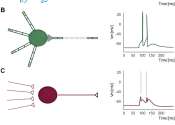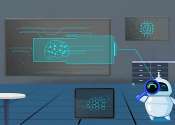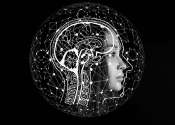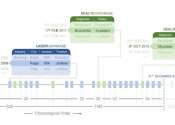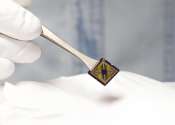Brain-inspired computing may boil down to information transfer
The biological brain, especially the human brain, is a desirable computing system that consumes little energy and runs at high efficiency. To build a computing system just as good, many neuromorphic scientists focus on designing ...
Apr 8, 2024
0
46
